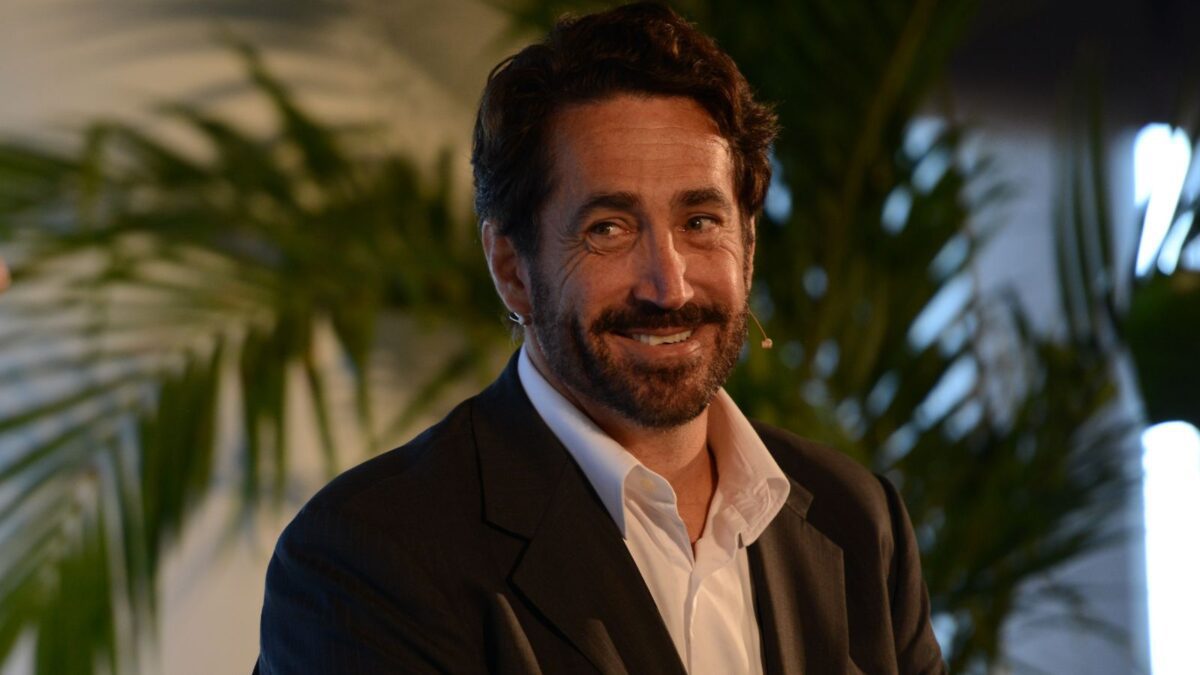Investor opportunities from companies’ changing role
In a series of papers prepared with Harvard professor George Serafeim, Calvert Investment Management has studied how the changing role of the corporation in society is providing new investment opportunities. The broader role of, especially, global companies is affecting their stock market valuations.
Calvert, a US$12 billion ESG-specialist US and global manager founded in the 1970s, was acquired last year by Eaton Vance, which is looking to broaden the firm’s reach in the Asia Pacific region.
In the first paper in the ‘Calvert-Serafeim Series”, the authors say that corporations are assuming broader responsibilities that increasingly affect their valuations in the stock market as well as their value to society.
“Because corporations are the world’s most powerful engines for growth and prosperity, this behaviour is a positive development with global impact,” they say.
“By understanding corporations’ environmental and social activities and integrating this understanding in investment decisions, investors can advance and benefit from companies’ creation of long-term value.”
The paper, ‘The Evolving Role of the Corporation in Society: Implications for Investors’, includes three key recommendations:
- Corporate investments in environmental and social issues are likely to be part of the licence to operate moving forward. As a result, both companies and investors need to develop their ability to assess the impact of those investments.
- Corporate managers should understand their power relative to different stakeholders and recognise the responsibilities emerging from this power.
- Given the value relevance of companies’ investments in environmental and social issues, investors should update valuation models and engage with corporate management when they see opportunities for improvement in companies’ performance on environmental and social issues.
Although there are about 50,000 companies around the world listed on various stock markets, the top 500 account for about 50 per cent of the world’s stock market capitalisation. The top 500 are worth a total of US$24 trillion. And most institutional investors are shareholders in them.
The paper says: “Our estimates suggest that institutional investors (defined as institutional asset managers and asset owners) hold on average 84 per cent of the outstanding shares of these firms, with the rest being held by retail investors, management, and other corporations…
“Corporations are increasingly engaged in environmental and social issues ranging from climate change, biodiversity, civil rights, and conflict minerals, to labour conditions, diversity, corruption, and affordable access to products. They are vocal about social and environmental issues, they commit more and more resources to address these concerns, and they are increasingly transparent about their impact on society and the environment.
“This engagement influences a corporation’s identity, which, in turn, is reflected in the identity of what we receive when we purchase shares of the company.”
The second paper in the series, ‘The Financial and Societal Benefits of ESG Integration: Focus on Materiality’, will be published next week.










